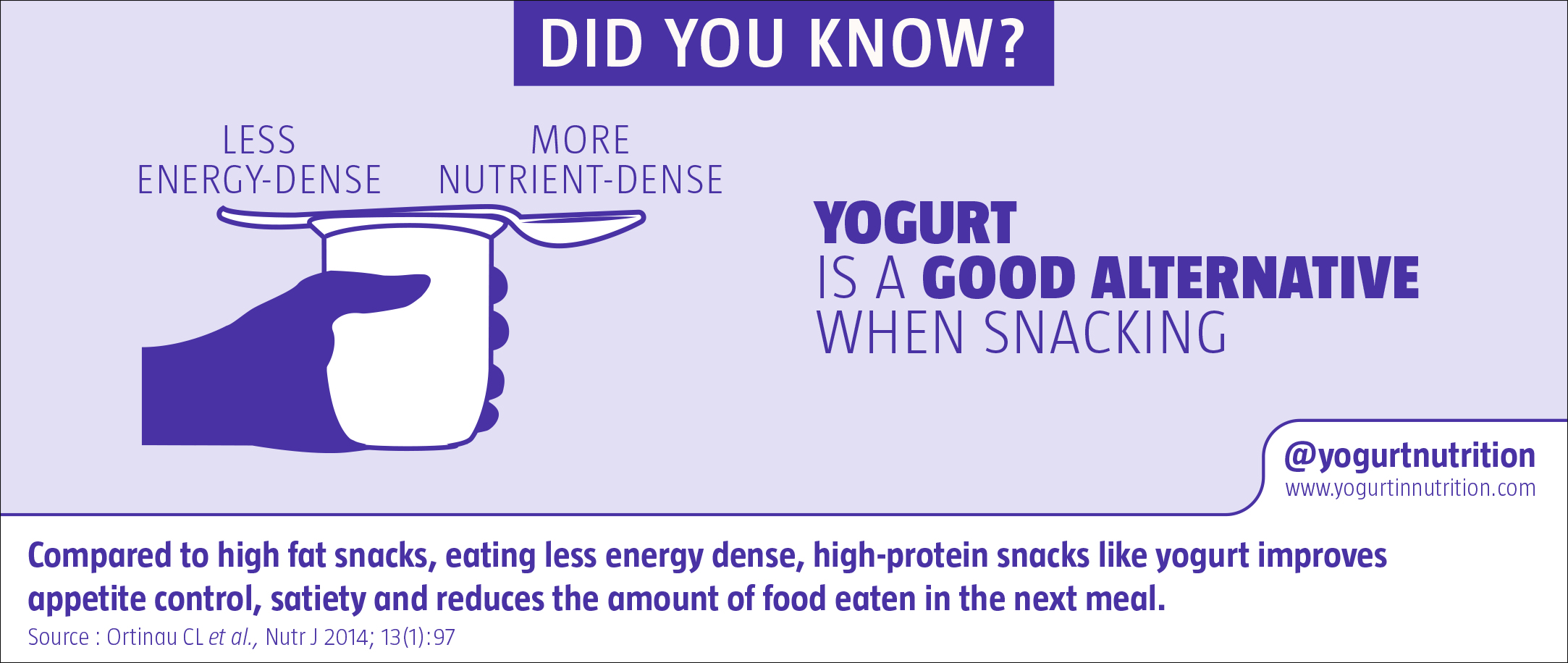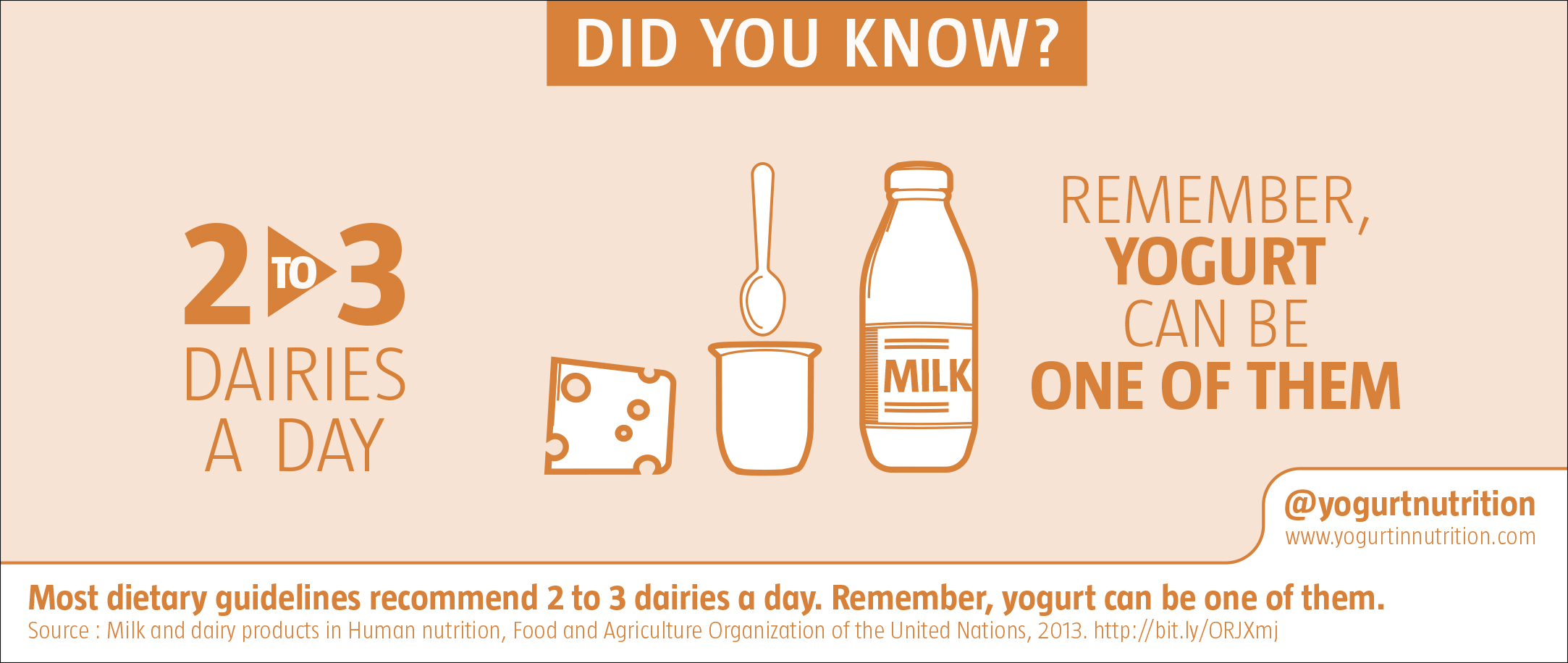To date, the association between snacking and total adiposity or the pattern of fat deposition remains unevaluated. A new study investigated the associations between snacking type and frequency and detailed adiposity measurements in 10,092 adults, residing in Cambridgeshire, England.
Snacking effect differs according to BMI
Among normal-weight individuals (BMI<25 kg/m2), each additional snack was inversely associated with obesity measures: lower total body fat in men and women (−0·41% and −0·41%, respectively) and waist circumference (−0·52 cm) in men.
In contrast, among the overweight/obese (BMI≥25 kg/m2), each increment in snacking was positively associated with the risk in both genders: women showed a higher waist circumference (0·80 cm) and subcutaneous fat (0·06 cm), whereas only a higher waist circumference (0·37 cm) was found for men.
Obese consumers consume less yogurt and nuts
Furthermore, the comparison of intakes of snack-type foods showed that participants, with a BMI ≥25 kg/m2, consume more crisps, sweets, chocolates and ice-creams, but eat less yogurt and nuts, in comparison with normal-weight participants. According to the authors, the differential association by BMI group may therefore be due to differences in the choice of snack. Improving snack choices could contribute to anti-obesity public health interventions.
Reference: O’Connor et al. Br J Nutr. 2015 Oct 28; 114(8): 1286–1293.












